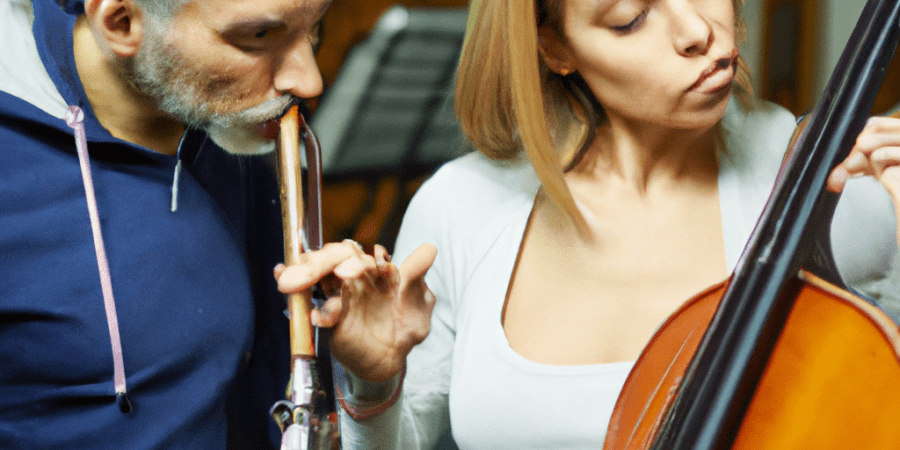Exploring the Interplay Between Classical and Modern Music
When it comes to the world of music, there is a fascinating interplay between the classical and modern genres. While classical music represents a rich heritage of compositions created centuries ago, modern music encompasses a diverse range of contemporary styles and technological advancements. In this article, we will delve into the intriguing relationship between classical and modern music and discover how they influence each other.
The Timeless Influence of Classical Music
Classical music, with its roots dating back several centuries, has had a profound impact on modern compositions. Some of the greatest modern musicians and composers have drawn inspiration from classical masters such as Bach, Beethoven, and Mozart. The harmonic structures, complex melodies, and intricate compositions found in classical music have served as a foundation for many modern musical works.
- Harmonic Structures: Classical music is known for its elaborate harmony, which has influenced modern musicians to experiment with unconventional chord progressions and tonalities.
- Melodic Complexity: The melodic intricacy found in classical compositions has inspired modern musicians to create melodies that are both technically challenging and emotionally captivating.
- Orchestration Techniques: The way classical composers orchestrated their pieces has influenced modern composers to explore new sounds and instrument combinations.
The Evolution of Modern Music
In the realm of modern music, we witness a constant evolution of styles and genres. As technology advances, modern musicians have the freedom to experiment with new sounds, instruments, and production techniques. While classical music continues to hold its place as a revered genre, modern music allows for greater exploration and innovation.
Here are some notable aspects of modern music:
- Electronic Music: Technological advancements have led to the rise of electronic music, where composers use synthesizers, drum machines, and digital effects to create unique and futuristic sounds.
- Pop and Rock Influences: Elements of classical music can often be found in popular genres like pop and rock, with artists incorporating classical instruments and influences into their compositions.
- Fusion of Genres: Modern composers are breaking boundaries by blending different musical genres, resulting in exciting hybrid styles that fuse classical elements with modern innovations.
Collaborations Between Classical and Modern Musicians
One of the most intriguing aspects of the relationship between classical and modern music is the collaborative efforts between musicians from different genres. These collaborations often lead to unique and boundary-pushing compositions that bridge the gap between the two worlds.
Renowned artists such as Yo-Yo Ma, a classical cellist, have collaborated with modern musicians like The Silk Road Ensemble to create harmonious and captivating performances that blend classical traditions with modern interpretations.
The Future of Classical and Modern Music
As we look towards the future, it is clear that classical and modern music will continue to influence and inspire each other. Classical music will always serve as a timeless source of inspiration for modern composers, while modern music will push the boundaries of creativity and experimentation.
Whether it’s through the fusion of genres, the integration of technology, or the collaboration between musicians, the interplay between classical and modern music will undoubtedly lead to captivating compositions that delight and intrigue audiences for generations to come.
If you are a music enthusiast, take the time to explore both classical and modern music, and appreciate the beauty and innovation that arises from the dynamic relationship between the two genres. So, sit back, relax, and let the sounds of the past and present intertwine in perfect harmony.
